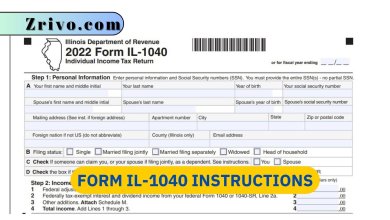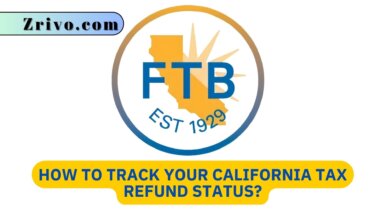California Business Taxes and Requirements
Many new businesses in the state of California pay a business tax. The rate of the tax depends on the type of business and its gross receipts.

Contents
California has many different business taxes and requirements. Partnering with a tax consultant can help you navigate the state’s requirements. They can provide insight into federal, state, and local business taxes. This can save you time and money during the filing season.
All businesses are required to file a state tax return based on their gross taxable income. This includes C corporations, S Corporations, and partnerships. Individual owners must also pay self-employment tax, which is used to fund Social Security and Medicare benefits.
Business property taxes are based on the assessed value of taxable personal property such as office furniture, supplies, software, and vehicles (excluding SE-tagged or off-road vehicles). Other taxable personal property includes machinery, equipment, and fixtures.
Sales and use taxes must be filed for all businesses with taxable gross receipts exceeding $100,000. The tax rate is determined by the type of business. Most business owners must also register for and provide resale certificates. In addition, some may need to pay unemployment insurance taxes on a quarterly or yearly basis. These taxes are a necessary part of operating a business in the state of California.
How to File California Business Tax?
If you are starting a small business in California, you should know that the state has multiple tax rates and requirements. These rules can be confusing, especially if you are unfamiliar with them. It is best to partner with a local business tax expert who can help you navigate the process and ensure your compliance with all local, state, and federal requirements.
Most California small businesses are pass-through entities, which means that their owners are liable for both personal and business income taxes. The state’s high taxes make it an expensive place to run a business, so you should carefully consider your options before deciding to operate there.
You can file a tax return online for a multimember LLC or an LLC treated as a partnership in California. You must pay quarterly estimated taxes if you expect to owe more than $500 in a calendar year. You can also apply for a state tax extension by following the guidelines for your particular type of entity. You should also be aware that the state may impose additional taxes on your business if it has nexus with other states.

How to Pay California Business Taxes?
You can pay your California business taxes online with your bank account, by mail with a check or money order, or in person at one of the California Franchise Tax Board field offices. Before you make your payment, you should have your business’s account balance and invoice handy. If you can’t afford to pay your tax bill in full, you can contact a CA tax pro for help with setting up a payment plan or penalty relief. The experts at Wave can also help you understand the rules of paying small business taxes in California and determine what your tax liability is. You can get personalized, one-on-one help from our in-house accounting coaches.
California Business Tax Due Dates
Businesses in California need to pay business taxes each year or file for an exemption. These taxes are generally due by February 28 (or Feb 29 if leap year) of each year. However, certain types of businesses have different deadlines for filing their taxes. For example, LLCs and LPs must submit their first-year annual franchise tax by the 15th day of the fourth month following their registration date with the Secretary of State.
In addition to these state taxes, businesses must also pay sales and use taxes, which are collected by the local government. These taxes are usually based on the company’s gross receipts. In addition, business owners must obtain a seller’s permit.
Individual income tax returns were originally due on April 18, and quarterly estimated tax payments are typically due on January 15, April 15, June 15, and September 15. Because of the winter storms, however, the IRS extended these deadlines until October 16, 2023. The due dates for other federal returns and payments are the same.





